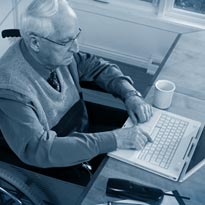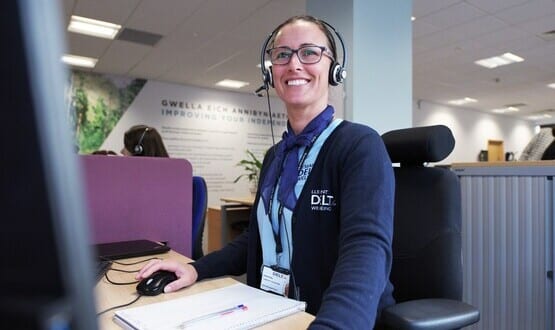Survey confirms telehealth ignorance
- 11 June 2014

More than 90% of people in the UK do not know what telehealth and telecare technologies,defined as 'health and safety devices' is, research from the government’s Technology Strategy Board has found.
The researchers, who surveyed more than 2000 people in the UK, also found that more than 70% of people are not aware of health and care apps available on smartphones and tablets.
The survey was done by the Delivering Assisted Living Lifestyles at Scale, or DALLAS programme, which was set up by the government in 2011 to enable more independent living for people through the use of digital technology.
The £37m programme aims to benefit 169,000 people across the UK by 2015 by giving them access to “innovative products, systems and services to transform their health and care choices.”
However, the research found that 43% of people would not consider telehealth because they would prefer to be seen by their clinician face to face.
Hazel Harper, assisted Living innovation platform programme manager responsible for DALLAS, said that the lack of understanding of health technologies creates an opportunity for telehealth and telecare to make a difference in the UKK.
“There is obviously a significant awareness gap among the general public when it comes to health and care technologies and how they may support people to remain healthy, independent and happier for longer in their own home, she said.
“However, we know that feeling informed and cared for are our highest priorities when it comes to our health and care – and assistive technologies and digital services can make a significant contribution to these needs.”
The study also found that even those who said they were aware of healthcare technologies, could not identify all its benefits.
“38% of people said they did not understand the benefits for both self-care technologies and for health and care apps for smartphones and tablets,” says the report on the survey.
“Similarly, while many respondents had an idea of telecare and telehealth benefits, many were labouring under misapprehensions – confusing either with television-based advice services or 24/7 access to doctors.”
The DALLAS programme consists of four projects across the country promoting innovation in technology to enable independent living.
Telehealth has had a slow uptake in the UK, and to boost its progress following the whole system demonstrator project, the government launched the 3millionlives programme in December 2011 to kick-start the industry.
However, the final analysis of the WSD programme – a major randomised control trial of telehealth and telecare set up by the Labour government – found that telehealth is not cost effective.
The 3millionlives programme, which originally aimed to have three million users of telehealth and telecare by 2017, has since decided to re-scope the programme with a new strategy, called the technology enabled care services plan, due out shortly.




